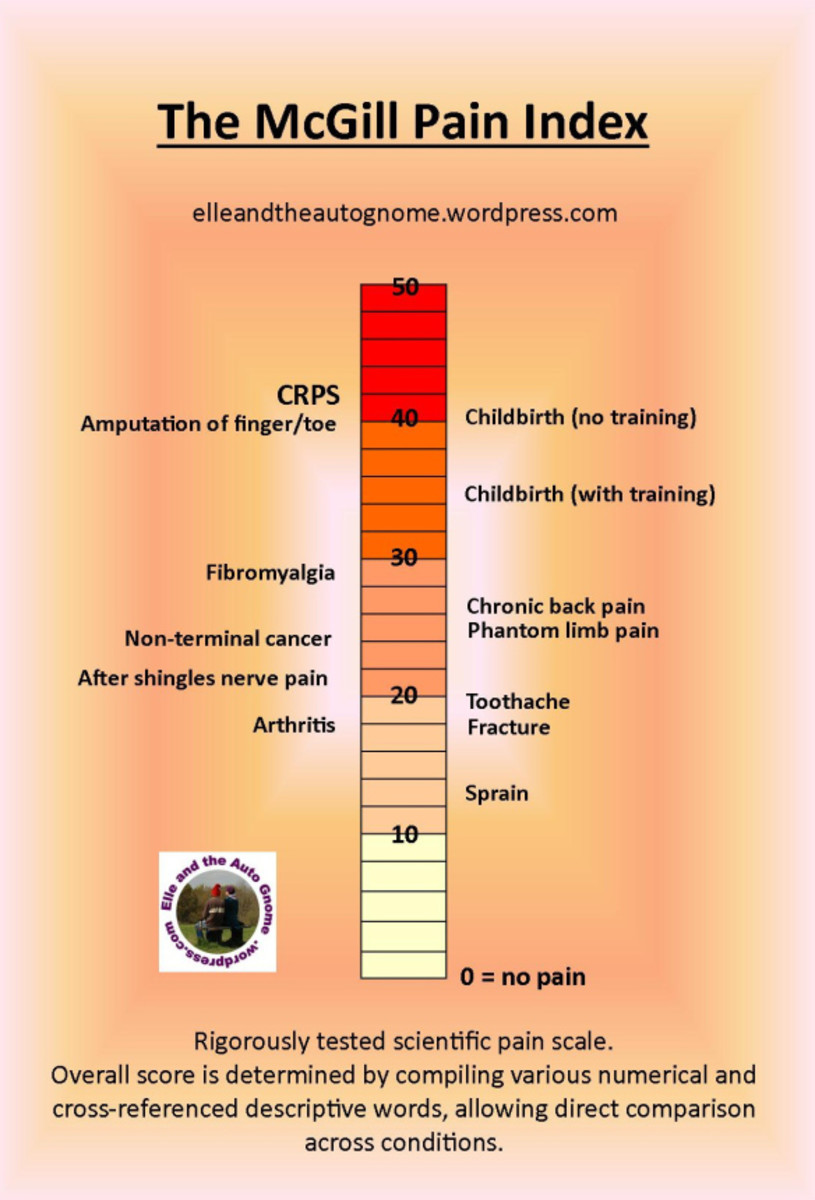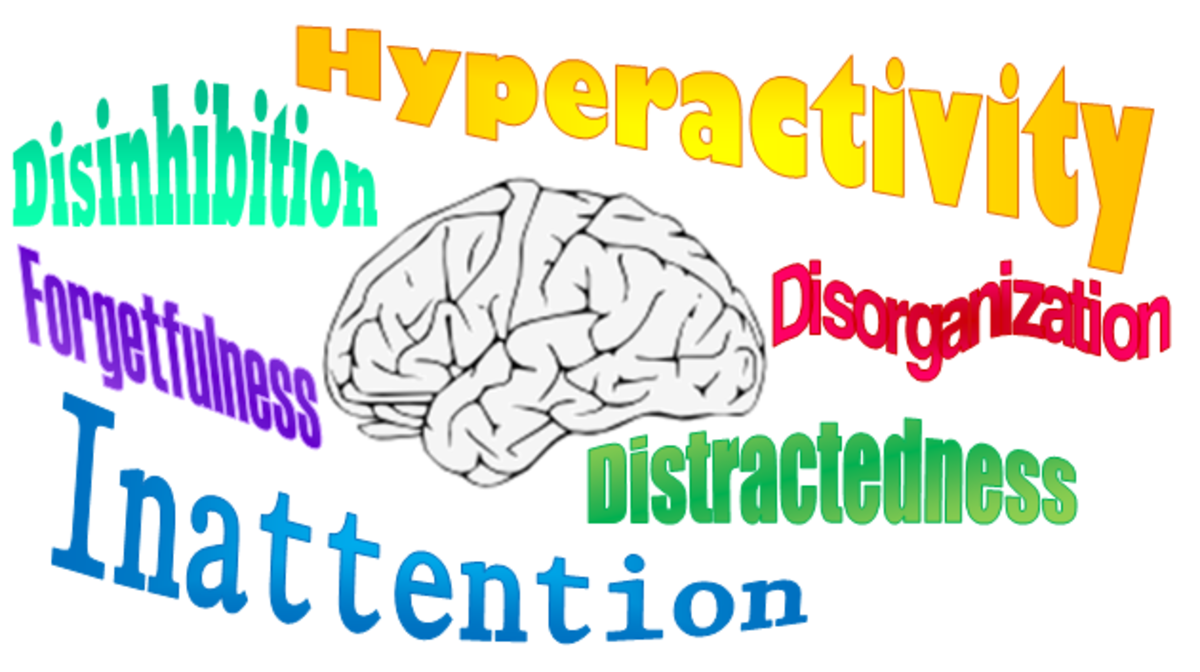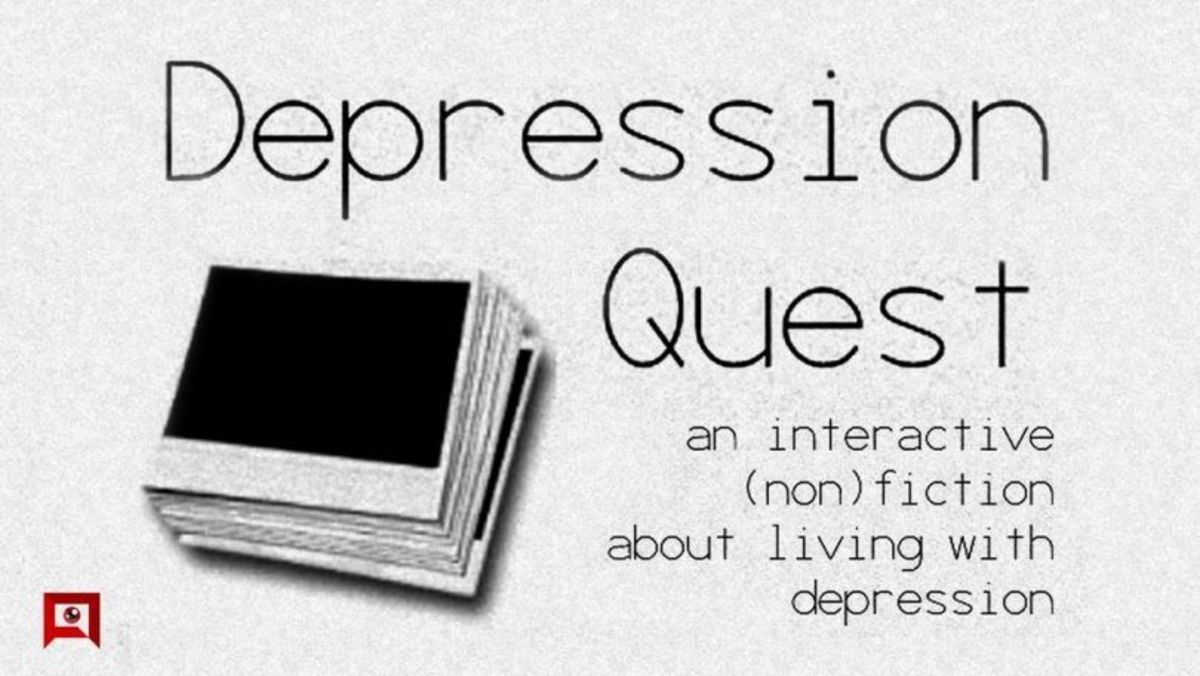Helping a Loved One Struggling with Depression
In this article we will explore some practical ways someone can encourage, coach, mentor, and guide a depressed person who is seeking healing. There is hope for the depressed and you can play a key role in healing becoming a reality.
Depression can be a very lonely path

Educate yourself about the diagnosis
If your loved one has seen a professional and has been given a diagnosis of depression ask if they know which type of depression they were diagnosed as having and then research it online. There are a variety of reputable websites such as WebMd that can provide accurate and valuable information about the disorder.
There are many different types of depression. Knowing the differences can help you anticipate behaviors and make sense of what you are seeing. Dysthymic disorder, for example, is characterized by chronic symptoms of depression that could be considered mild. A person with dysthymic disorder will have a very different experience from someone struggling with bipolar disorder which is characterized by periods of depression and periods of mania.
If your loved one has not been formally diagnosed, but has self-diagnosed as depressed refrain from embracing that label and encourage him or her to see a professional for an official diagnosis and a treatment plan.
In either case, remember a diagnosis is simply a label used to categorizes groups of symptoms. Your loved one is the same person he or she was before.
Blaming yourself for your loved one's depression is unhealthy and unnecessary.

Release yourself of any guilt or blame
While certain events can make someone feel sad or bad for a while, events do not cause depression. Having an argument with someone or mistreating someone does not cause depression. Depression is more complicated. If you have been harboring guilt because you feel you have done something to cause the depression, ask for forgiveness for what you did, not for causing the depression, and then release yourself of the guilt.
What do you think?
It is estimated 1 in 5 Americans struggle with a lasting depression at least once in their life time. Do you think this is accurage
People experience depression differently
The person you care about is a unique individual. That is part of the reason you care about him or her so much. This also means no textbook accurately describes their experience with depression. Your own experience with depression or ongoing sadness may also be very different. In order to understand what the person is going through, you will need to interact with that person. That may mean asking questions, but it will also mean just spending time together. Being present and available is very important.
Now is not the time to encourage an uphill climb.

Keep encouragement realistic and positive
“Get over it,” is unhelpful and unrealistic advice, but it is often given to depressed persons by well-meaning encouragers who do not understand how strong depressive feelings can be. Instead invite the depressed person to participate in activities. Provide them an out if they find it is overwhelming. Celebrate small victories. “Hey, I see you went a whole week without calling out from work. I bet you can make it two weeks in a row.”
It may be tempting to match the depressed person’s tone with an equally depressed tone. While genuine attempts to empathize help to develop trust, it is possible for both you and the depressed person to end up feeling depressed. Continue to share the good things that are happening in your own life. Share positive stories from the news. Focus your attentions on things that are going well.
Fixing problems does not allow your loved one to grow

Refrain from fixing their problems
The depressed person needs to be empowered to handle their affairs themselves. If a loved one takes care of everything for them it reinforces feelings of powerlessness and ineffectiveness. You can be helpful by assisting the depressed person with scheduling, transportation, or breaking up a large task into smaller ones. Be sure to ask permission first. Bossing someone around because they are slow to take initiative strips them of their personal power. The key is to allow the other person to stay in control of their own life.
Encourage careful adherence to the treatment plan
A depressed person receiving services will likely have a treatment plan which consists of goals and objectives designed to provide order and purpose to the various services they are receiving. This can be overwhelming for the depressed person. Appointments, medications, support group meetings, and journaling may all be added to someone who was already struggling to get everything done in the day. Your encouragement for them to follow through may make a difference. Here are a few examples of how.
- Have those nasty side effects from the medications gone yet? Did you talk with your doctor about that? Are the medications starting to help you feel better?
- Has the counseling been helpful?
- I’m on my way to town, would you like me to drop you off at your support group?
Listen, but don't force conversation
Sometimes we just need someone to listen. Do not force the conversation by asking poignant or challenging questions. Instead ask open-ended questions. Use body language that shows you are paying attention. Lean forward. Nod often. Give good eye contact even if it is not returned.
Be prepared for thoughts of suicide
All statements about suicide or self-harm need to be taken seriously. Do not be afraid to ask, “Are you thinking about suicide?” This question may cause an awkward moment, but it will not cause someone who is not contemplating suicide to suddenly consider it. It is not your job to save someone from suicide. It is your job to lovingly seek help. This could include calling a suicide hotline, your loved one’s therapist, or 911. Do not be afraid to call 911. You may save a life.
Medications can be an important part of treatment

Understand the side effects of medications
If your loved one is willing to share with you the list of medications they are taking, it could be helpful to know what side effects are commonly associated with the medication. For example, some antidepressants lower libido. The partner of someone taking such a medication needs to know that the reduced libido is not due to a problem in the relationship. The prescribing doctor should review side effects when the medication is prescribed, but if not ask to read the warnings on the bottle and go to the manufacturer’s website for more information.
In recent years lawyer commercials catering to fear have issued a wide range of warnings about psychotropic medications. It is very unfortunate, but some have stopped taking helpful medications because of commercials. Help your loved one advocate for themselves when they are speaking with their physician. That could include helping them prepare a list of questions to ask the doctor or offering to attend an appointment for moral support.
Hope is more than just a wish

Creating an environment of hope
Hope causes one to drag themselves out of bed to go work. Hope causes one to put with side effects and continue to take medications. Hope gives a reason for attending an expensive therapy session. Hope is what keeps the depressed person going. Always be ready to give hope.








